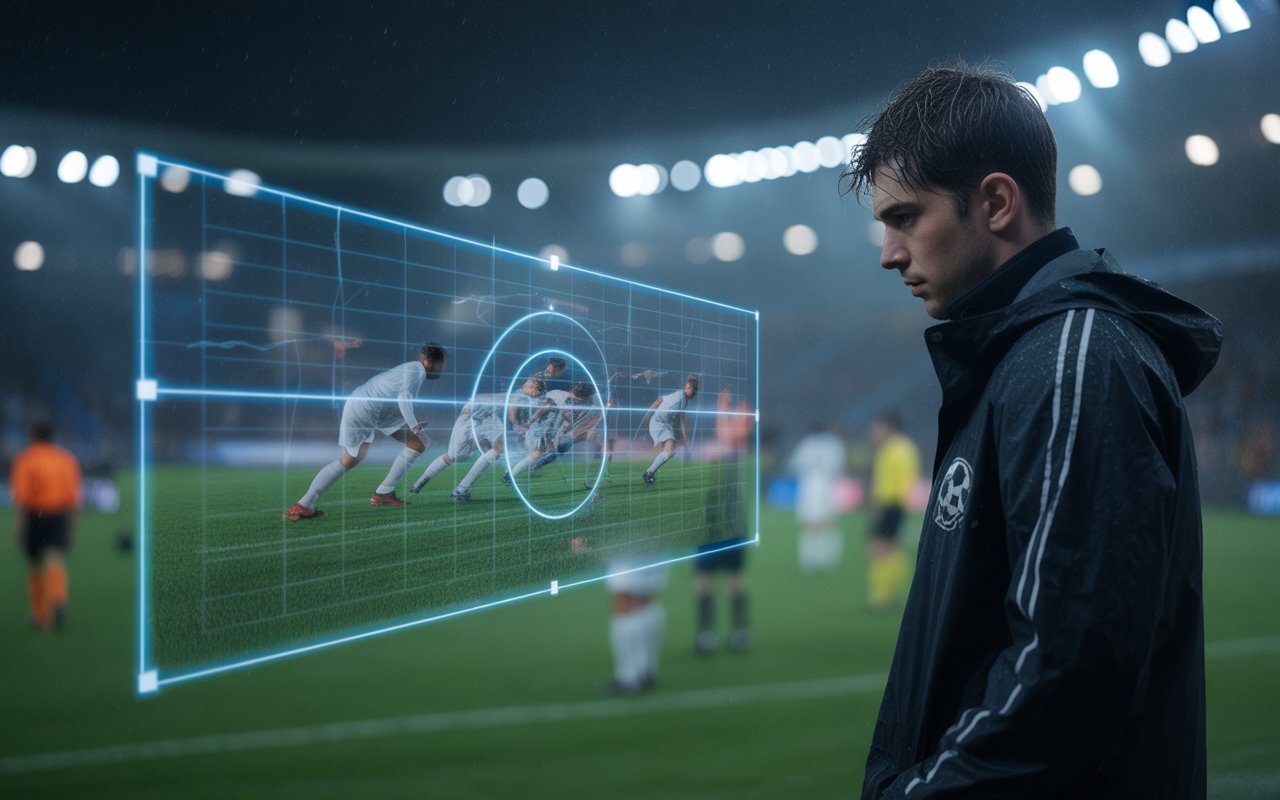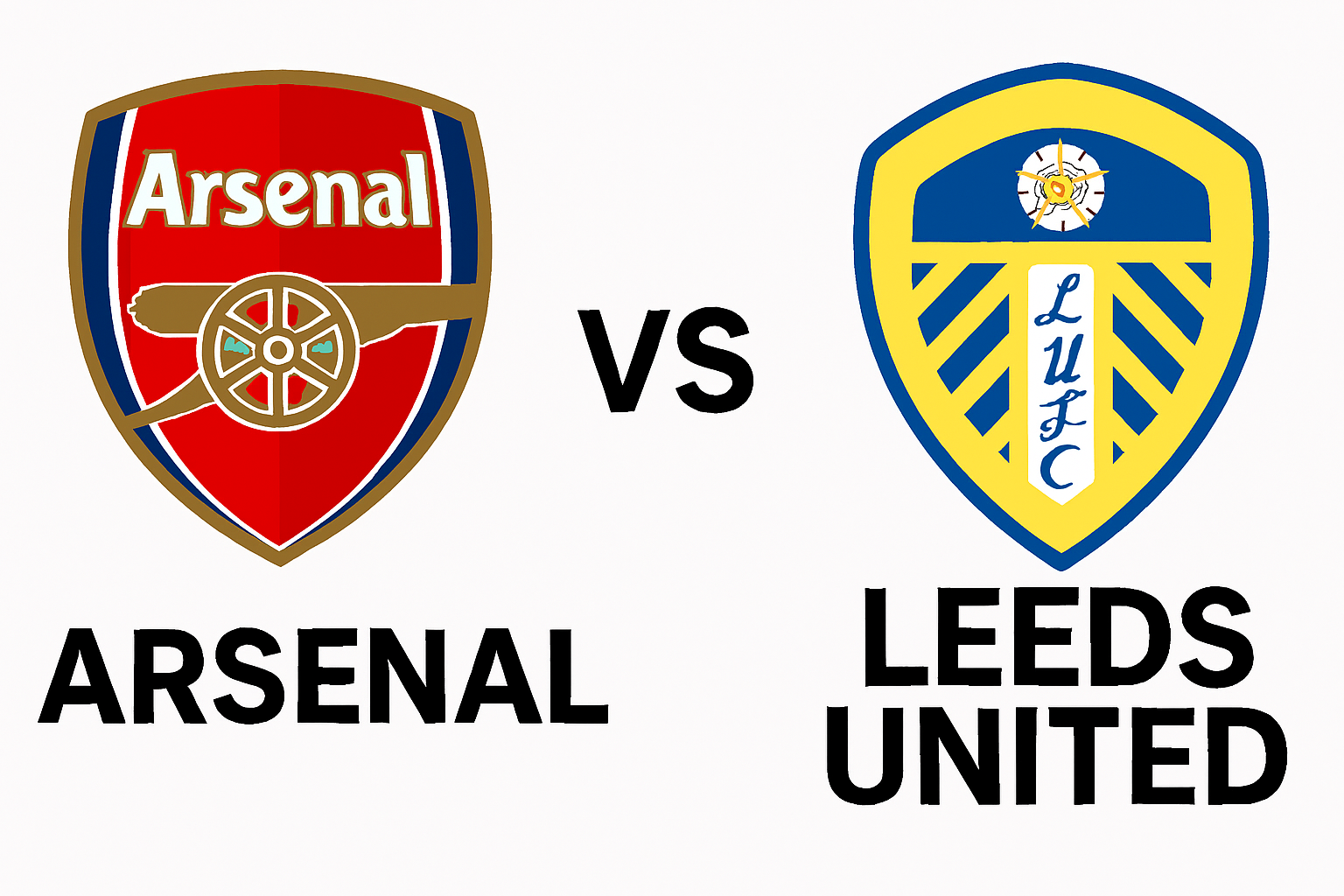Football has always been more than just a sport of goals and celebrations. At its foundation, the game has been evolving through tactical changes and the ideas of famed managers. This evolution shows how teams adapt, how tactics are formed around players, and how managers make choices that shape professional football around the world. The term Evolution dictates every age generates its own phenomena as part of the evolution of sport.
Early Foundations of Tactical Evolution in Football
Initially in football’s early years, teams placed much more emphasis on raw athleticism and individual ability and skill than structured systems. The Evolution of tactics began when teams adopted the 2-3-5 formation, often referred to as the “Pyramid”. The 2-3-5 allowed teams to play in a more organized attacking manner while still focusing on attacking. The defense was often more reactive, and the concept of organized pressing was not even a thought at this stage. Managers and coaches at this time were not focusing on tactics as much as they were motivation and discipline.
Evolution of Defensive Strategies and the Rise of Organization
Mid-20th century defensive tactic development became a hallmark fixture of its own. The Italian clubs popularized “catenaccio” – a very structured and disciplined system focused on defensive strength / solidity and counter attacking. Managers started prioritizing shape, compactness and flexibility. This really changed how football was perceived, while attacking flair is important, football must be viewed with a balance of creativity and resistance. What worked defensively in Europe shaped future coaches’ thinking.
Evolution of Midfield Control in Modern Football
As football began to evolve, the midfield started to become the core of tactical authority. The evolution of midfield play resulted in systems such as the 4-4-2 and the 4-3-3. Teams began to take advantage of dominating possessions and managers began creating strategies to dictate the tempo of games. The use of passing triangles, rotations of positional play, and ball retention ranked as some of the most valuable skills in the game. Managers like Johan Cruyff used philosophies to encourage total football, teaching players that the ball and space mattered more than a battle of strength.
The Evolution of Pressing and Intensity
Pressing has become a key component of modern football. The Evolution of pressing introduced the idea of pressing with the intention of regaining possession, as opposed to passive defending. Managers like Arrigo Sacchi were influential in creating a method for increasing the effectiveness of pressing as a collective system for all players to contribute to pushing opponents back. In addition, managers like Jürgen Klopp took it a step further, coining the term “gegenpressing,” which now offered great benefits for the offensive transitions. The application of pressure has also changed how teams physically and mentally prepare for matches.
The Evolution of Possession Football and Total Football
Possession-based systems changed the game. The evolution of total football, and the Dutch in the 1970s, was an approach to the game that permitted players to see themselves in multiple roles on the field. Managers began to allow players freedom of movement with dynamic, as opposed to static, positions. This concept reached its zenith, in value and accessibility, with Pep Guardiola’s Barcelona where Tiki-taka emphasized short passing sequences, player dynamism and technical superiority. Possession was accepted not just as a means of controlling the game, but also a defensive strategy to keep the opposition chasing after the ball.
The Evolution of Counterattacking Football
As possession football developed, counterattacking styles also evolved. Managers began shaping teams who could cope with pressure and then take advantage of any opportunity with quick and efficient counterattacks. It’s hard to ignore the fast breaks of Real Madrid in the Champions League and all that is linked to José Mourinho’s tactical approach with the Inter Milan side. In some cases, it took possession away from the opposition and with that, we saw the importance of speed, transitions, directness and that counterattacking became a legitimate and respected or feared strategy – especially in eliminator formats.
The Evolution of Player Roles and Responsibilities
There has been a shift in how players perceive their positions. The classic striker or winger of the past has disappeared. We have the false nine, inverted full-backs, deep-lying playmakers, and overlapping center-backs as examples of how managers push their players beyond the boundaries of rigid positions. The modularity of the shift focuses on adaptability and flexibility, with modern players expected to contribute in more than one phase of playing. Managers will construct systems where flexibility is as important as specialization, making football a more fluid and dynamic process.
Evolution in Managerial Philosophy and Leadership
Managers have gone through an Evolution of their own. The early managers were often disciplinarians or motivators but coaching in the modern game needs tactical intelligence, data, and management of players. Sir Alex Ferguson for example, combined psychological understanding with adaptability, and modern managers need to find a balance between tactical planning with an understanding of player psychology. This progression in coaching is consistent with the overall professionalization of sport.
The Evolution of Data and Technology in Strategy
Data analytics has significantly influenced the evolution of managerial strategies. Nowadays, teams utilize much more advanced statistics to assess players, assess opponents, and work through tactical instruction. Technological innovations are allowing managers to evaluate physical workloads, optimize training, and prepare for different scenarios. Analytics and data have not replaced instinct; rather, they have enhanced decision-making. Managers are now expected to combine the nuances of traditional football with integrated analysis.
The Evolution of Tactical Flexibility in Game Management
In modern football, adaptability is crucial. The Evolution of in-game tactical modifications allows managers to act fast when necessary. Formations are now fluid and are not the same as earlier in the match because they are formed on the phase of the play. For example, a team may defend in a 4-4-2 formation, attack in a 3-2-5, and transition from phase to phase with even different formations. Managers use substitutes not only to get fresh legs but also to introduce tactical changes. Adaptability is now the ambassador of elite coaching.
The Evolution of Football’s Psychological Aspects
The mental aspect of the game has progressed through its own Evolution. Managers are now focusing on more psychological prep, preparation for resiliency, and confidence-building. Conversations with the team are now forums for motivation and sports psychologists are part of the modern-day set-up. The belief that tactics were all that mattered has given way to recognizing mental toughness as the main factor in a result. Managers must consider tactics and what emotional support they can provide, making psychology a significant part of strategy.
The Evolution of Rivalries and Managerial Clashes
Managerial rivalries, too, have molded the Evolution of football. Collections of historic rivalries, such as Ferguson vs Wenger, Guardiola vs Mourinho, or Klopp vs Guardiola, are important because of the underlying rivalry, and not just the players involved. Their rivalry as managers determines a tactical battle and an era of football.
Rivals push each other to evolve, adapt, and outwit each other. Fans often watch from the sidelines as tactical conceptualization emerges from these back-and-forth contests. Importantly, rivalries add spectacle and drama to football while accelerating the Evolution of the sport from a tactical standpoint.
The Evolution of Financial Power in Strategy
Financial power shapes tactics and management planning. The Development of wealthy clubs, for example, Manchester City or PSG, illustrates how financial resources allow managers to trial different tactics such as bigger squads and rotation systems, in addition to being able to afford specialist players to devise new tactical approaches as well. However, clubs with smaller financial budgets are often forced to innovate tactically to compete with other clubs. Therefore, this supports the proposition that tactics are not determined by finances. The either/or proposition of resources vs innovations is important to the concept of managerial thinking as it relates to managerial nature in football.
The Evolution of International Football Strategies
International football has undergone its own tactical Development. Managers work with the constraints of short and amount of training time with a group of people who may only play with each other during the international break. As a result, systems prioritize simplicity while maximizing the strengths of their best players. The emergence of teams like Spain, Germany and Argentina also demonstrates how managers develop their philosophies nearly specifically for short international tournaments. In this context, tactical changes offer up a great example of how international football requires a different mindset and approach than club management.
The Ongoing Evolution and the Future of Football Tactics
The evolution of tactics is far from complete. Football continues to develop, new ideas will appear, and a new reality will be discovered. Artificial intelligence, advanced performance-tracking technology, and advances in training methodologies will all dictate the way forward. Managers will combine science, creativity, and tradition to develop new systemic forms of play. However, the importance of innovation and change as the basis for the future will remain.
Conclusion
The tactical Evolution of football has been a captivating process with managers, players and culture affecting football as always just like the game is a perpetually changing social phenomenon. From the primitive early stages of the Pyramid formation through to today’s asymmetrical hybrid systems, football provides a lens through which we can reflect on imperative concepts of sustained development and change. Managers have evolved processes of performance, structures, tactics, formations to the degree of detail, professionalism, and adaptability that ensures that every generation is a new chapter in out evolution of the game. The story of football is fundamentally the story of Evolution.



